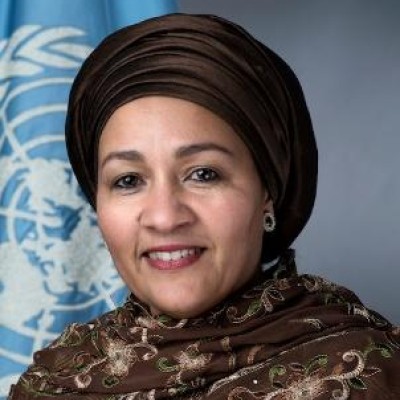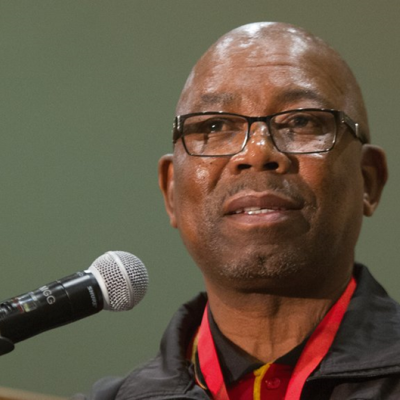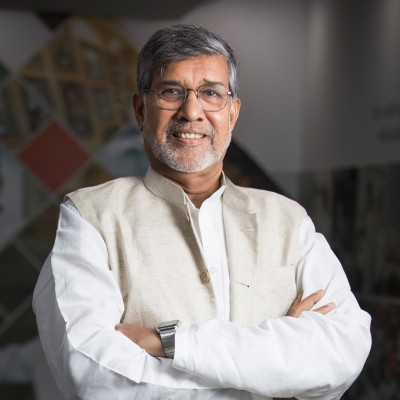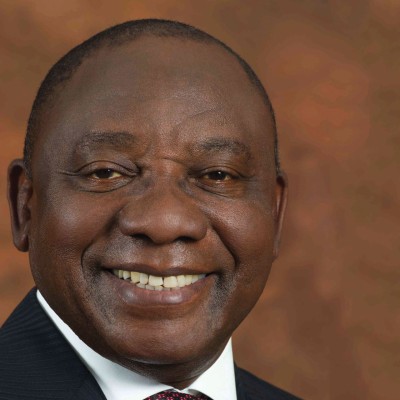Opening session plenary
Opening session plenary
The shocking new figures from the ILO and UNICEF released last year show that in the first four years of the SDGs, child labour increased by 8 million. Since then, the international response to COVID-19 has provided little support for the world’s poorest families, leading to the anticipated further increase of at least 9 million more child labourers by the end of this year and, if adequate social protection measures are not in place, a possible further increase of 46 million child labourers. The international community agreed a deadline of 2025 for the elimination of all forms of child labour and instead it is rising - the world is failing at its promise to leave no one behind.
Ending child labour has fallen down the international agenda, and as a result, millions more children are working at the cost of their education, future and childhood. Child labour is one of the worst end-results of extreme poverty and inequality, and if governments are to build back better and move forward together then freedom for hundreds of millions of children must be put firmly back on the agenda.
We are at a crossroads in achieving the UN Sustainable Development Goals. The children who are trapped in child labour are the same children who are denied an education, who suffer the worst health outcomes and have little access to clean water and sanitation. SDG 8.7, which calls for the elimination of child labour in all its forms by 2025, is linked with more than 60% of all SDGs.













